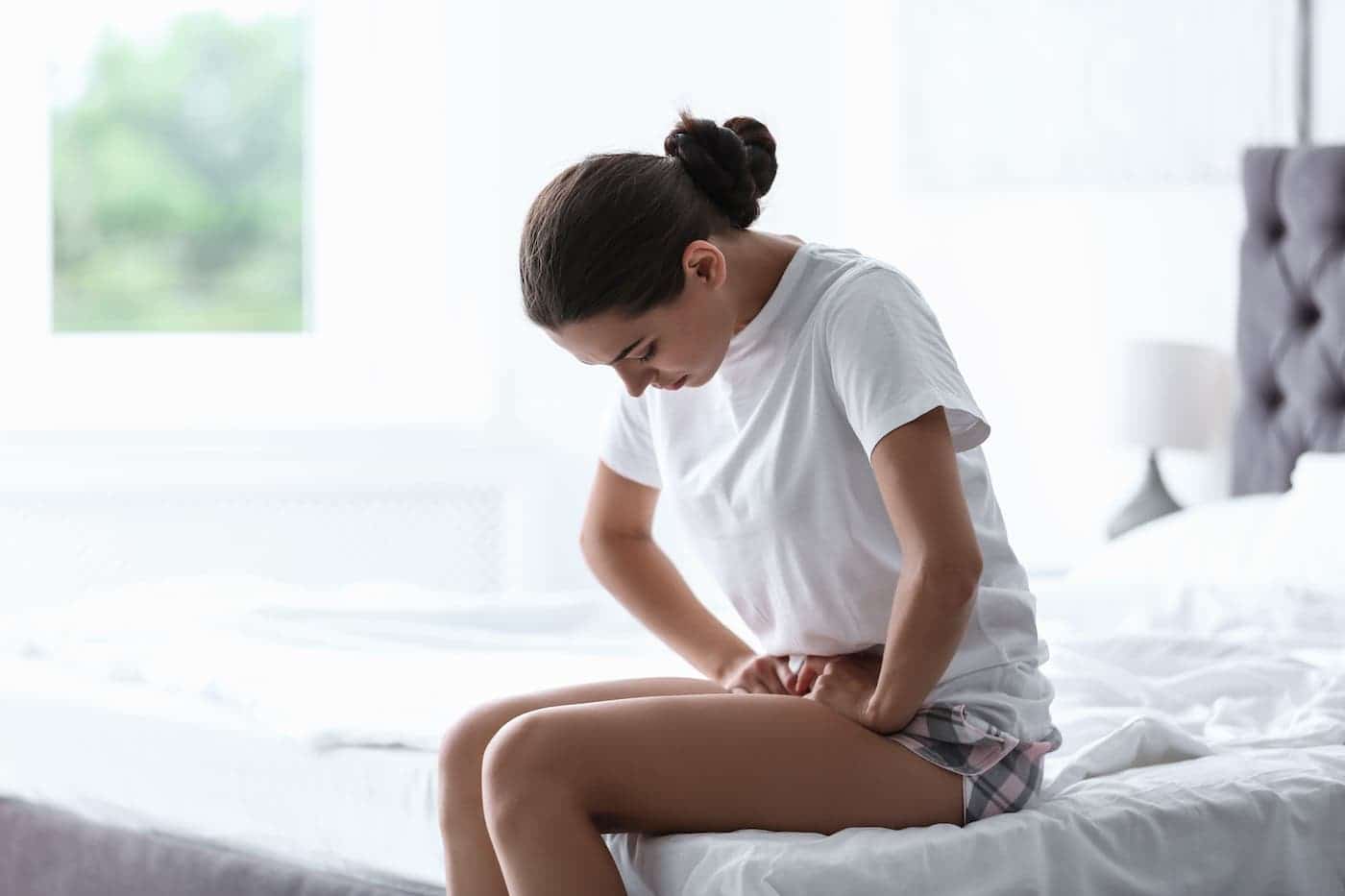Endometriosis is a chronic womb tissue condition where symptoms – which vary from the mild to the severe and often debilitating – will usually have to be managed throughout a patient’s entire lifetime.
Despite affecting an estimated 1.5million women in the UK, endometriosis is still a topic that is often swept under the carpet, and as a result, many patients remain unaware of the symptoms and how to seek proper medical support.
Endometriosis is also notoriously hard to get a diagnosis for and is often dismissed as period pain. As such, it can often take years for patients to gain clarity on their condition and receive the right treatments.
SORA – a pioneering new app, designed by health start-up Syrona, has shared its top tips to help spot endometriosis so women can gain the support they need to reach a diagnosis.
So what is Endometriosis?
Endometriosis is a long-term condition that has a significant impact on women’s lives where tissue, similar to the lining of the womb, starts to grow in other places such as the ovaries, bowel and tissues lining your pelvis.
The hormonal changes of your menstrual cycle affect the misplaced endometrial tissue causing the area to become inflamed and painful. This means the tissue will grow, thicken, and break down. Over time, the tissue that has broken down has nowhere to go and becomes trapped.
The trapped tissue can cause a number of issues such as irritation, scar formation and adhesions where the tissue binds the pelvic organs together.
On average it takes eight years for a woman to be diagnosed with the disease. There are treatments out there that can help with the effects of endometriosis, but it is essential to know the symptoms to identify the treatment needed.
Signs you might have Endometriosis
- Painful and heavy menstrual flow
There’s no doubt that painful, heavy periods can make a person miserable, but when do these symptoms become more than just a nuisance and turn into a real cause for concern? While painful periods can be common during the monthly cycle it is also a symptom of endometriosis.
Heavy bleeding, known as menorrhagia, is usually defined as menstrual bleeding that lasts more than 7 days. If you change your tampon or pad every 2 hours or less or you have visible blood clots the size of a penny then you may have menorrhagia.
2. Long periods
Most women have a period that lasts between two and seven days and occurs every 21 to 35 days. If you regularly have your period at shorter intervals or experience prolonged periods, this may also be a symptom of endometriosis.
3. Pelvic pain and cramps
Many women suffer from cramps during their period so it can be hard to determine what is ‘normal’ when it comes to abdominal pain. This is one of the reasons why endometriosis often goes undiagnosed. Cramps may be a sign of endometriosis if they prevent you from carrying out your daily routine and when over the counter medication doesn’t help the pain.
4. Pain during or after sex
Pain during sex can certainly be a sign of endometriosis and specifically if it is more painful in certain positions. The pain is caused by inflammation and fibrosis fusing the front wall of the rectum to the back wall of the vagina. This can be a difficult symptom to talk to your doctor or partner about but an important one when discussing signs of endometriosis and receiving an accurate diagnosis.
5. Nausea and vomiting
Although feeling sick, vomiting and nausea can go hand in hand with a regular period. Headaches, migraines and vomiting can also be a sign of endometriosis, particularly when combined with other symptoms.
6. Chronic fatigue
If you find yourself sleeping more than usual, lacking energy, and feeling very lethargic or dizzy this may be a sign of chronic fatigue. While fatigue alone is not necessarily a sign of endometriosis and could be down to many other causes such as anemia, thyroid issues, or low blood sugar, it is something that should be checked out with a doctor anyway to discover the cause.
7. Bowel and urinary disorders
Painful bowel movements or urination, flatulence, or diarrhea during your period, are often common side-effects of your monthly period, however they may also be signs of endometriosis. Again, if such signs are coupled with other symptoms it is something to monitor.
8. Constipation while on your period
While similar to irritable bowel syndrome (IBS), if the constipation occurs around the time you start your period, the tissue is responding to the hormonal cycle of your period, swelling, and affecting the tissue around it, which is more likely to be a sign of endometriosis.
What to do if you think you have endometriosis:
Symptoms for endometriosis can vary but if any of the above symptoms are having a big impact on your life then please seek medical advice.
The SORA app, a revolutionary new virtual health assistant, has launched in the UK to provide specialised support to people with chronic gynecological conditions like endometriosis or those with endometriosis-like symptoms who are yet to be diagnosed, for free.
It is the first platform to create a complete patient pathway, from symptom tracking, expert insights, pain management, treatment options including access to mental health services and a community of fellow patients.
The app allows users to gain insights to help better understand triggers, receive treatment and manage pain. Plus, the latest updates in science allows patients to stay in the loop with the latest in gynecological healthcare.
To download SORA visit: https://syronahealth.com/app/
